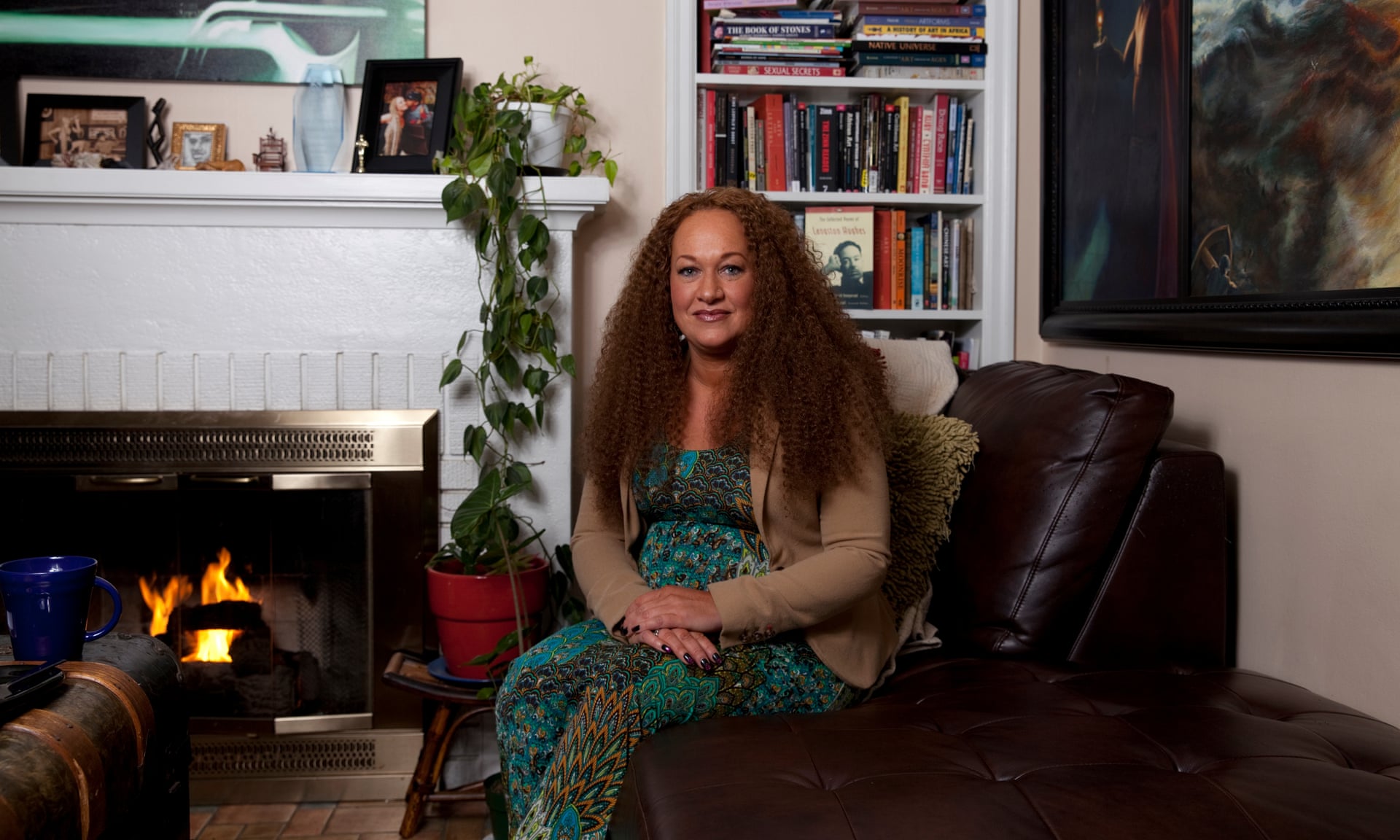José Maurício Nunes GarciaPosted in Articles, Arts, Biography, Brazil, Caribbean/Latin America, History, Media Archive on 2015-12-23 22:27Z by Steven |
Wikipedia, the free encyclopedia
Last modified: 2015-12-08
José Maurício Nunes Garcia (September 20, 1767 – April 18, 1830) was a Brazilian classical composer, one of the greatest exponents of Classicism in the Americas.
Born in Rio de Janeiro, son of mulattos, Nunes Garcia lost his father at an early age, and his mother perceived that her son had an inclination for becoming a musician and, for this reason, improved her work to allow him to continue his musical studies.
Nunes Garcia became a priest and, when prince John VI of Portugal came to Rio de Janeiro with his 15,000 people, Nunes Garcia was appointed Master of the Royal Chapel. He sang and played the harpsichord, performing his compositions as well as those of other composers such as Domenico Cimarosa and Wolfgang Amadeus Mozart. He was a very prestigious musician in the royal court of John VI.
His musical style was strongly influenced by Viennese composers of the period, such as Mozart and Haydn. Today, some 240 musical pieces written by Nunes Garcia survive, and at least 170 others are known to have been lost1. Most of his compositions are sacred works, but he wrote also some secular pieces, including the opera Le due gemelle and the Tempest Symphony…
Read the entire article here.








